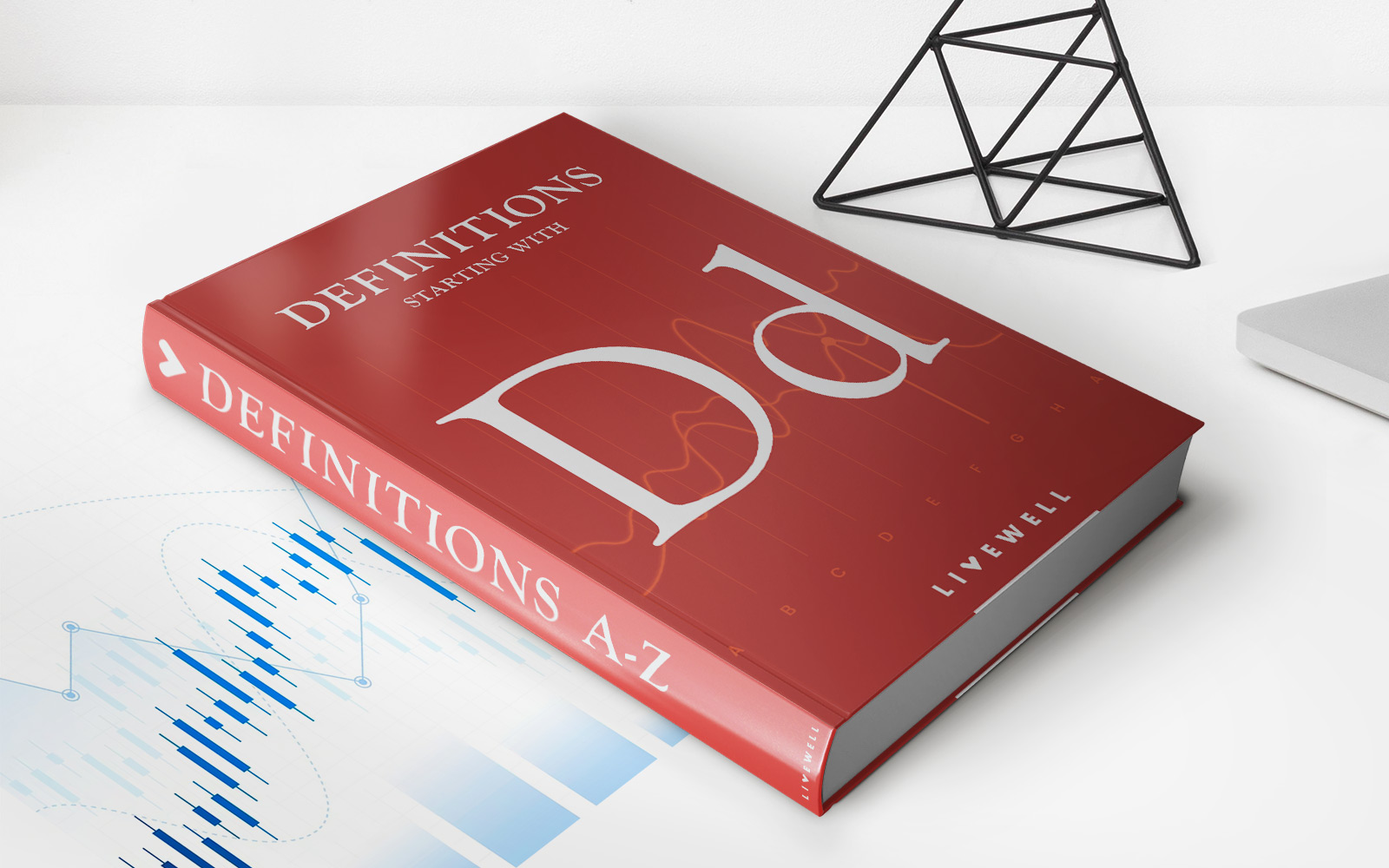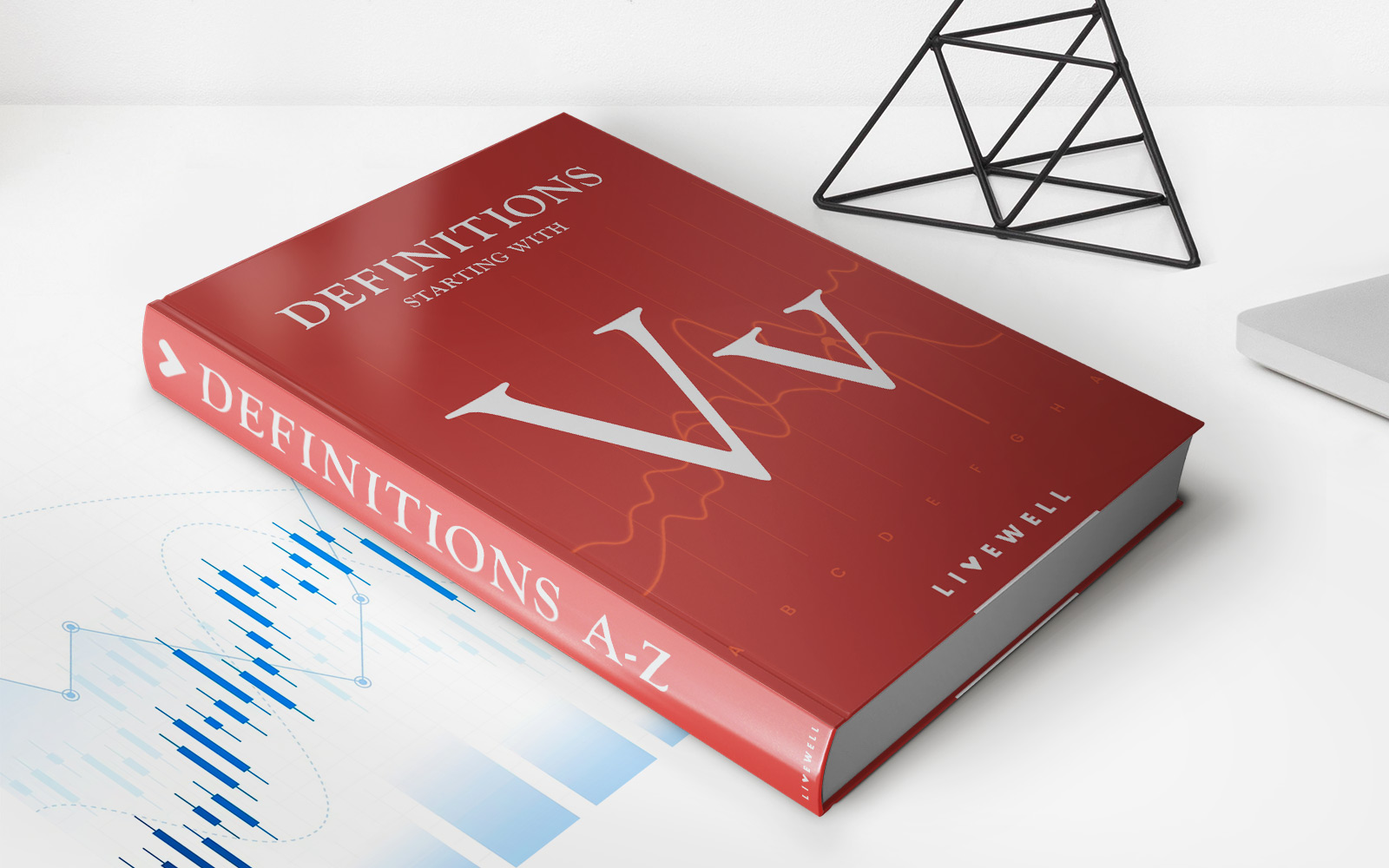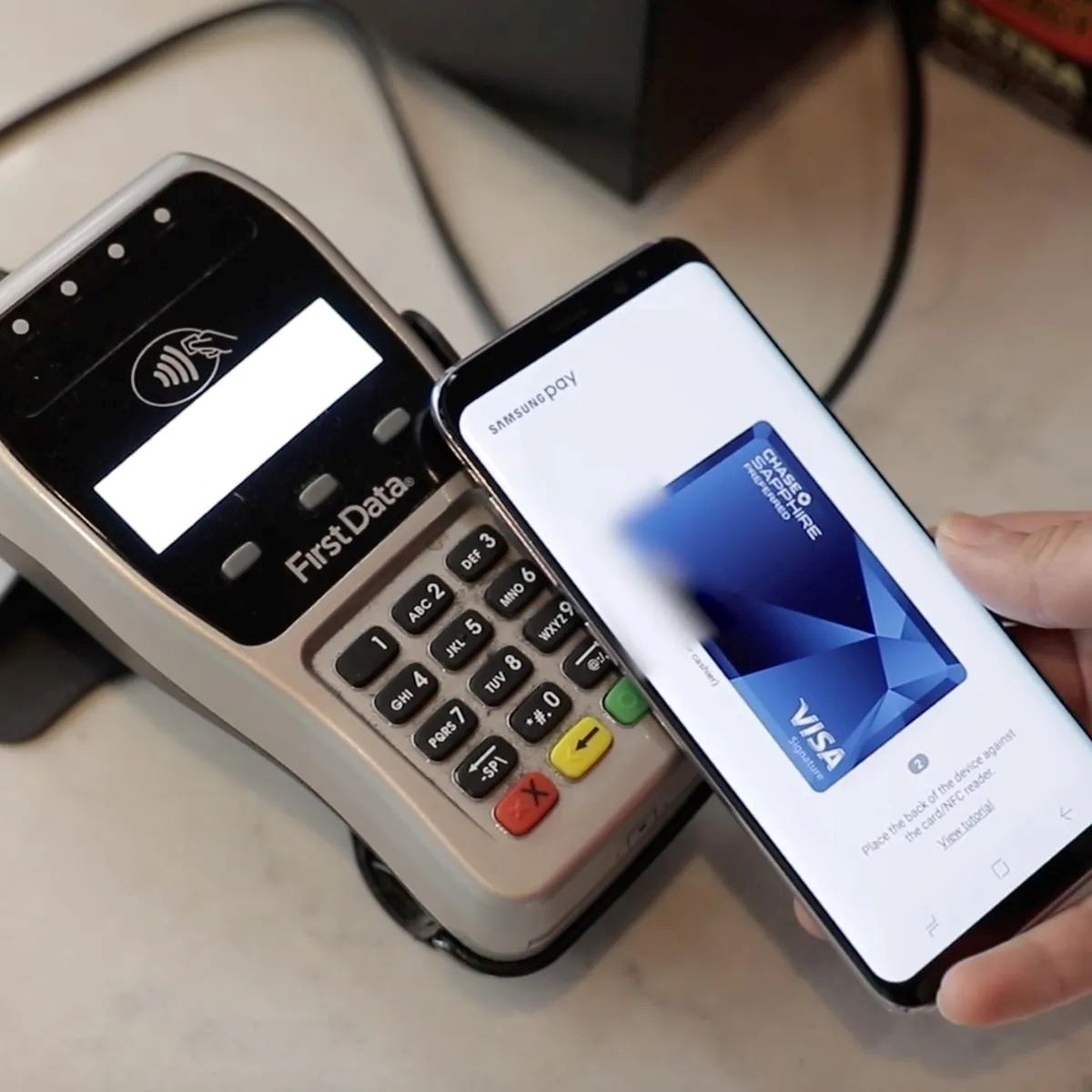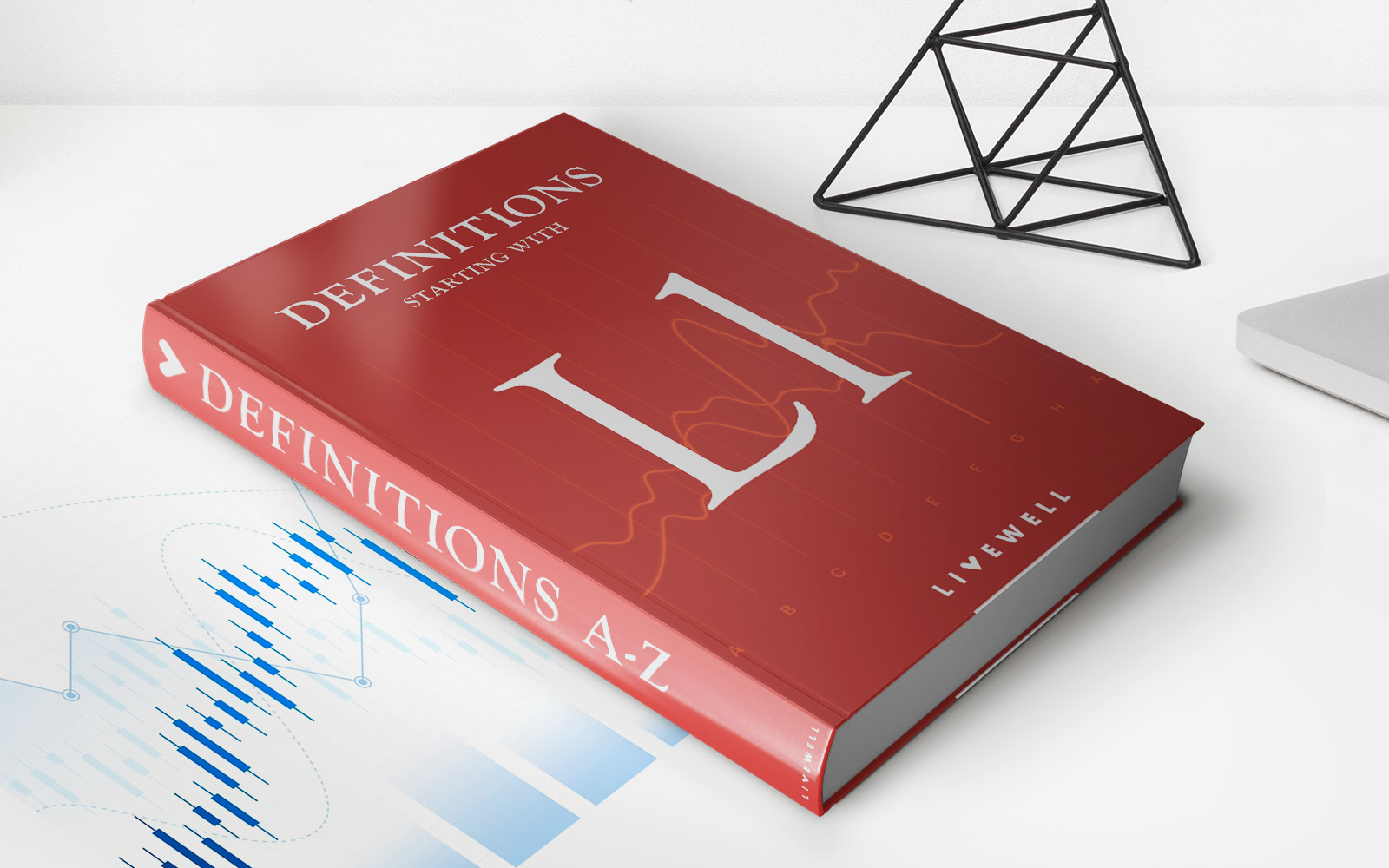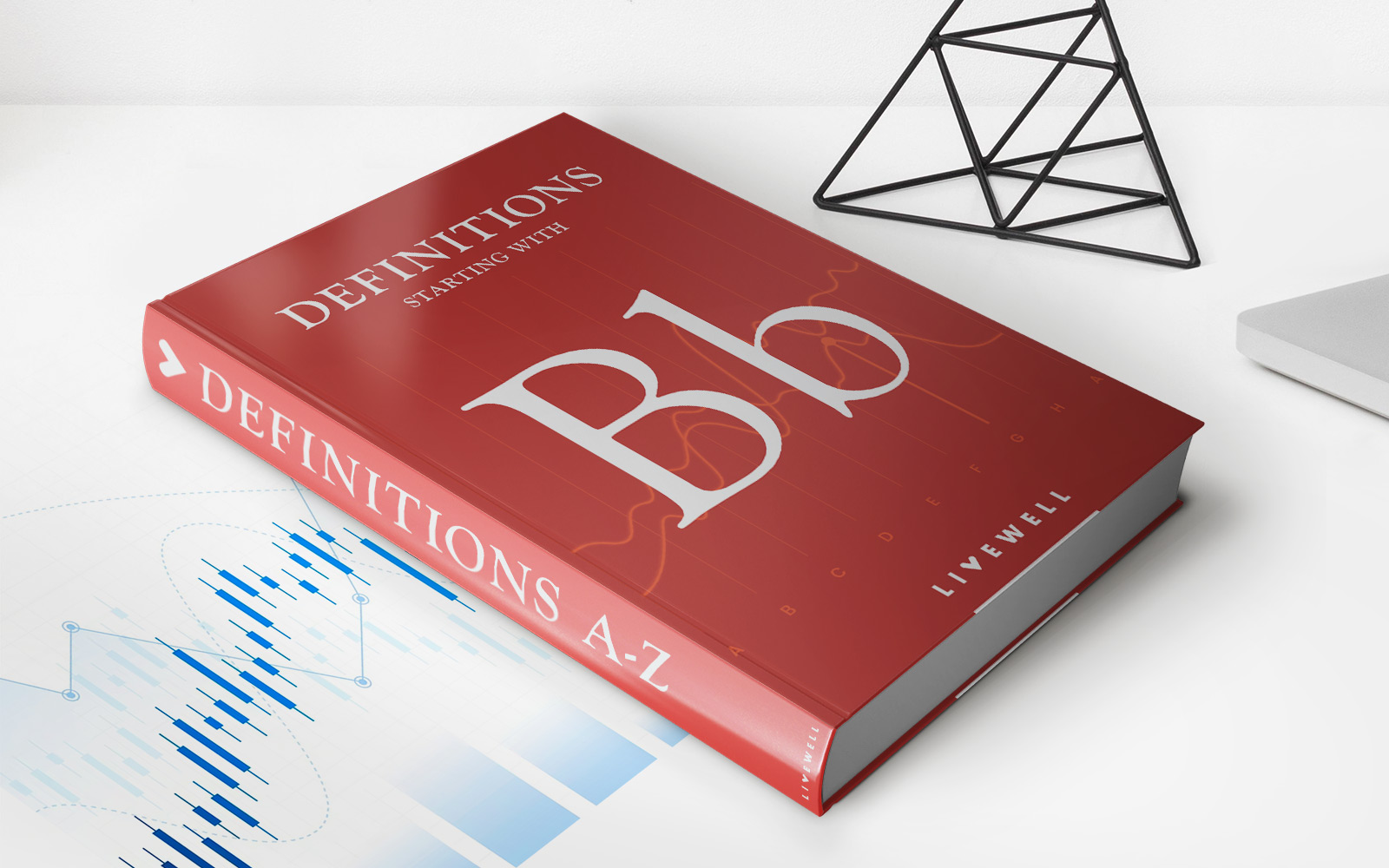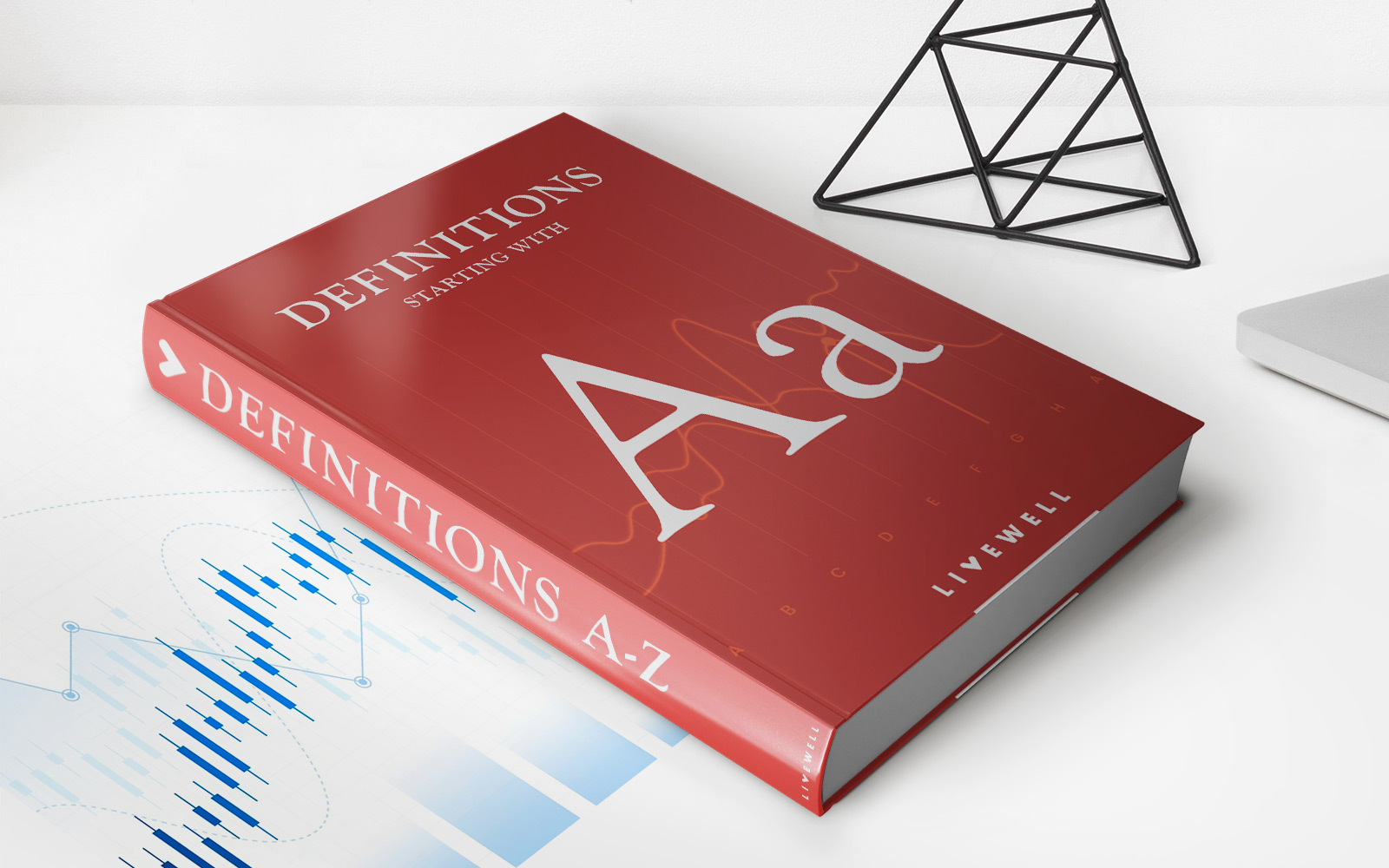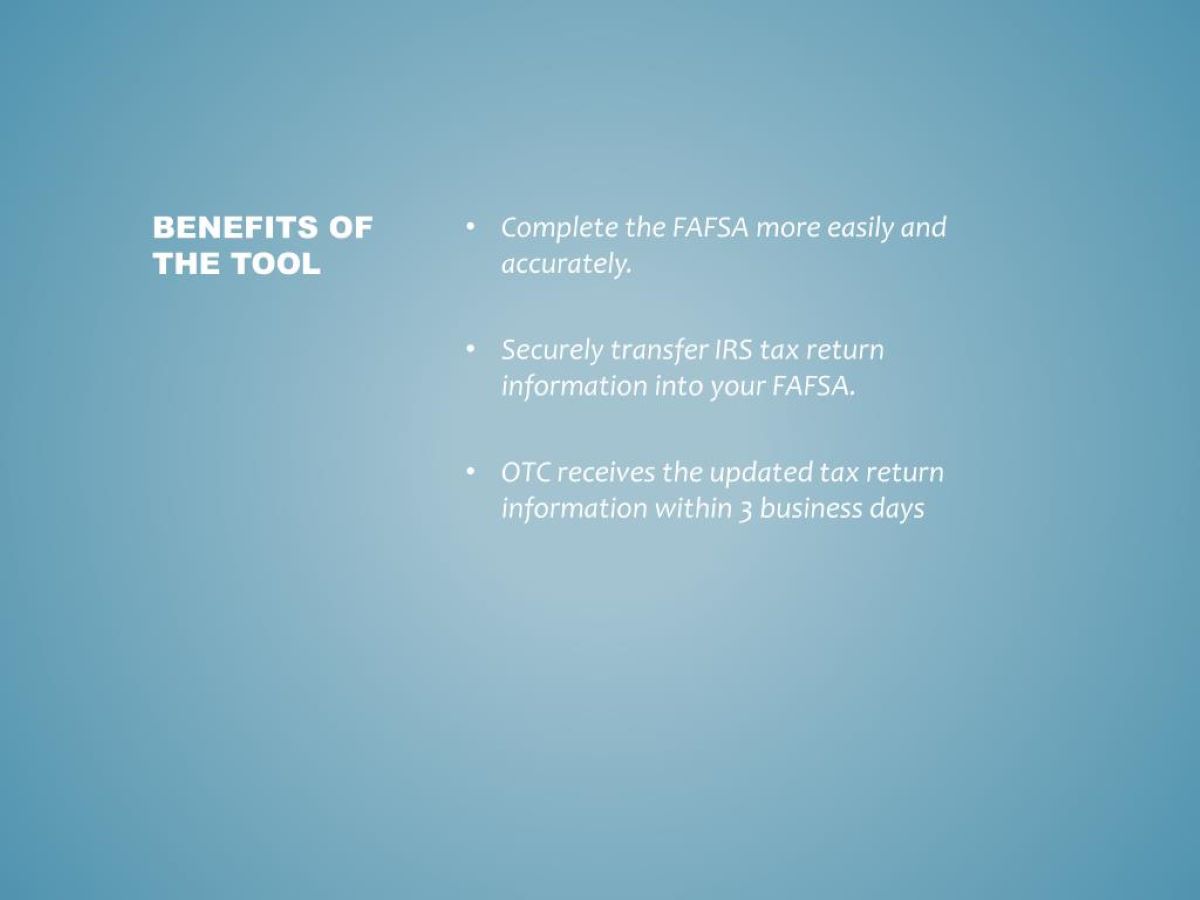Home>Finance>Virtual Data Room (VDR): Definition, Uses, And Alternatives
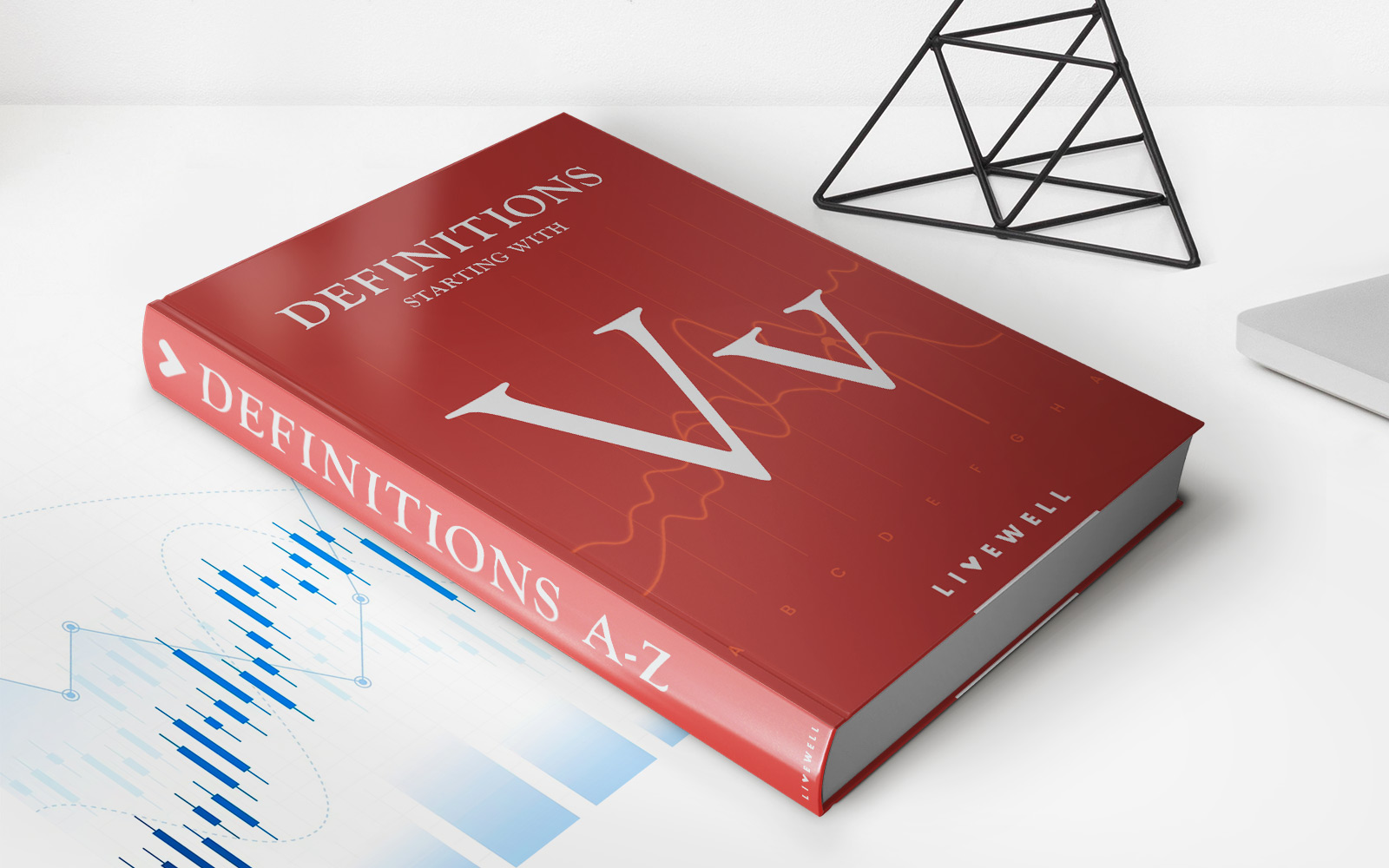

Finance
Virtual Data Room (VDR): Definition, Uses, And Alternatives
Published: February 16, 2024
Learn about virtual data rooms (VDRs) in finance, including their definition and uses. Discover the top alternatives to VDRs in the financial industry for secure document sharing and collaboration.
(Many of the links in this article redirect to a specific reviewed product. Your purchase of these products through affiliate links helps to generate commission for LiveWell, at no extra cost. Learn more)
Virtual Data Room (VDR): Definition, Uses, and Alternatives
Welcome to our Finance category blog post! Today, we will be diving into the world of Virtual Data Rooms (VDRs). What exactly is a VDR? How can it be used in various industries? And are there any alternatives? We will answer all these questions and more in this comprehensive article.
Key Takeaways:
- A Virtual Data Room (VDR) is a secure online platform used for storing and sharing sensitive information.
- VDRs are commonly used during mergers and acquisitions, due diligence processes, and confidential document sharing.
What is a Virtual Data Room (VDR)?
A Virtual Data Room, also known as a VDR, is a secure online repository for storing and sharing sensitive information. Organizations across various industries rely on VDRs to securely store and enable controlled access to confidential documents. VDRs provide robust security features, such as encryption, multi-factor authentication, and document access control, to ensure that sensitive data remains protected.
Uses of Virtual Data Rooms:
VDRs have become an essential tool in many industries due to their ability to simplify and streamline complex document sharing and collaboration processes. Here are some common uses of VDRs:
- Mergers and Acquisitions: During mergers and acquisitions, VDRs play a crucial role in facilitating due diligence processes by providing a centralized platform for sharing financial records, legal documents, contracts, and other sensitive information between involved parties.
- Investment Banking: In the field of investment banking, VDRs are used to securely share confidential information with potential investors, allowing them to conduct due diligence and make informed investment decisions.
- Legal Proceedings: VDRs are utilized in legal proceedings to exchange sensitive legal documents and evidence securely. This ensures that all parties involved have access to the necessary information without compromising its integrity.
- Pharmaceutical Research: In the pharmaceutical industry, VDRs are used to store and share critical research data, clinical trial results, patents, and other proprietary information securely.
- Real Estate Transactions: VDRs simplify the exchange of property-related documents, such as title deeds, contracts, and financial records, between buyers, sellers, and legal representatives in real estate transactions.
Alternatives to Virtual Data Rooms:
While Virtual Data Rooms offer robust security and functionalities, they may not be the best fit for every organization or use case. Here are three alternatives to VDRs:
- Cloud Storage and File Sharing: Cloud storage and file-sharing platforms, such as Google Drive, Dropbox, and OneDrive, provide a convenient alternative for organizations that prioritize ease of use and collaboration over advanced security features. However, it’s important to note that these platforms may not provide the same level of data protection.
- Enterprise Content Management (ECM) Systems: ECM systems like Microsoft SharePoint and OpenText allow organizations to securely store and manage their digital content. These systems offer advanced document management capabilities but may require more technical expertise to set up and maintain.
- Data Room Providers: Some specialized platforms cater specifically to industries that require secure document sharing. These providers often offer tailored features and compliance support, making them ideal for organizations with highly sensitive data.
In conclusion, Virtual Data Rooms (VDRs) are powerful tools for secure document storage and sharing. They find applications across industries and play a vital role in facilitating complex processes such as mergers and acquisitions, due diligence, and legal proceedings. However, it’s important to weigh the specific needs of your organization and consider alternatives that may better suit your requirements. Whether you choose a VDR or an alternative solution, prioritizing data security and confidentiality should always be at the forefront of your decision-making process.

